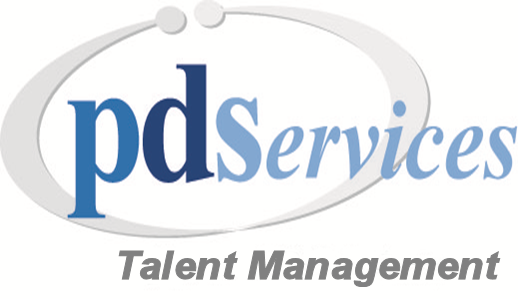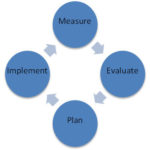At a recent business conference, a number of people told me that they are struggling to hire qualified candidates who perform at or above expectations. Turnover is also a problem. Research shows many CEOs and other executives believe that their competitive advantage and even survival is based on the quality of their employees. That means you must excel in hiring and retaining top performing employees. And how can you do that? By making informed hiring decisions.
Make Informed Hiring Decisions
One hiring challenge has been “instinctive” hiring, where the interviewer/ hiring manager makes a gut decision based on instinct. A lack of reliable, objective information forces a decision that is not data driven. This gut feel hiring has an average success rate of 25%, meaning that 75% of the time you will end up with an employee who does not meet your expectations in some fashion.
Traditional information sources such as applications, resumes, and interviews all provide candidate information with questionable validity. How can we make good hiring decisions with poor information?
Objective Information
One popular approach to making informed hiring decisions is to gather objective candidate information by using candidate assessments. This has become a $400 million industry and is growing by 8 to 10% annually. Bersin (a Deloitte company) estimates that 90% of top performing organizations use assessments in some fashion.
A Harvard Business Review study found that a candidate’s reasoning ability, personality traits and interests are key indicators of success and retention in a job. Psychometric research supports the HBR findings.
This candidate information is not easily gathered through traditional interviews, applications, etc. Assessments give reliable information on these candidate characteristics.
As an example, high reasoning ability means that the candidate can learn quickly and process large amounts of information effectively. This characteristic is critical to success in information intensive jobs. On the other hand, if the job is repetitive, an employee with high reasoning ability will get bored and disengage, leading to poor performance and/or turnover.
Consider a personality characteristic like People Contact. This is the tendency to be outgoing, people oriented, and to participate with others. A high score in people contact is important to performance in a customer service related job but could be detrimental to an engineer or programmer who needs to work independently for long periods of time.
Our “Workforce” assessment measures Conscientiousness, a measure of one’s willingness to work with honesty and integrity, and to follow rules. Are these characteristics important to your entry level hiring? Do you have any other reliable way to evaluate this candidate characteristic?
Job Fit
Gathering objective information on a candidate’s reasoning ability, behavioral traits and interests is only helpful if you know what you are looking for. Studies show that employees who are well matched to their jobs are 2.5 times more productive. This means you should first define a benchmark of characteristics that make an employee successful in the job. Once you have a benchmark, you can compare a candidate’s assessment results to gain insight into job fit. This allows you to truly make an informed hiring decision.
There are a few ways to create a benchmark and it is much easier that most people think.
The most objective approach is to assess top performing employees in a particular job in your organization. Use their results to form the benchmark for that job. You will see top performers cluster together in important characteristics for success.
Often, you won’t have the luxury of having enough top performing employees in a job to use as benchmarking models. Fortunately, there are preliminary benchmarks available for most jobs. These can be used as a starting point and adjusted as needed for your specific job responsibilities and organizational culture.
Assessing Candidates
Once you have a benchmark of success characteristics, you are ready to assess candidates. First, decide when to assess. Some organizations assess early in the process in order to avoid wasting time on candidates who clearly don’t fit. Others choose to wait until later in the process to control the money spent on assessments. Whatever you do, just be consistent with all candidates within a given hiring requisition.
Most modern assessments can be administered via the internet. This streamlines the process and provides immediate results. Choose an assessment that is scored immediately and provides reports suitable for a typical hiring manager.
Compare your candidate’s results to your benchmark. Some assessments do this for you as part of the report and even suggest interview questions. If not, make sure you consider your benchmark as you review the report. Note that the assessment should not dictate a hiring decision, but will provide objective data to assist in your decision.
Finally, don’t throw this information away once you make a hire. The information from the assessment can be very helpful during your new employee’s on-boarding and beyond to help understand their strengths, weaknesses and motivations leading to longer term retention.
PDServices has been helping organizations make informed hiring and management decisions by implementing assessments for over 20 years. Learn more about our employee talent assessments here . Contact us at info@PDServices.com or call 740-326-4494 to discuss how assessments can be valuable for your organization.
Contact Us
4015 Executive Park Drive, Suite 100C
Cincinnati, OH 45241
Phone: 740-326-4494
Email: info@pdservices.com
© 2024 PDServices | All Rights Reserved




